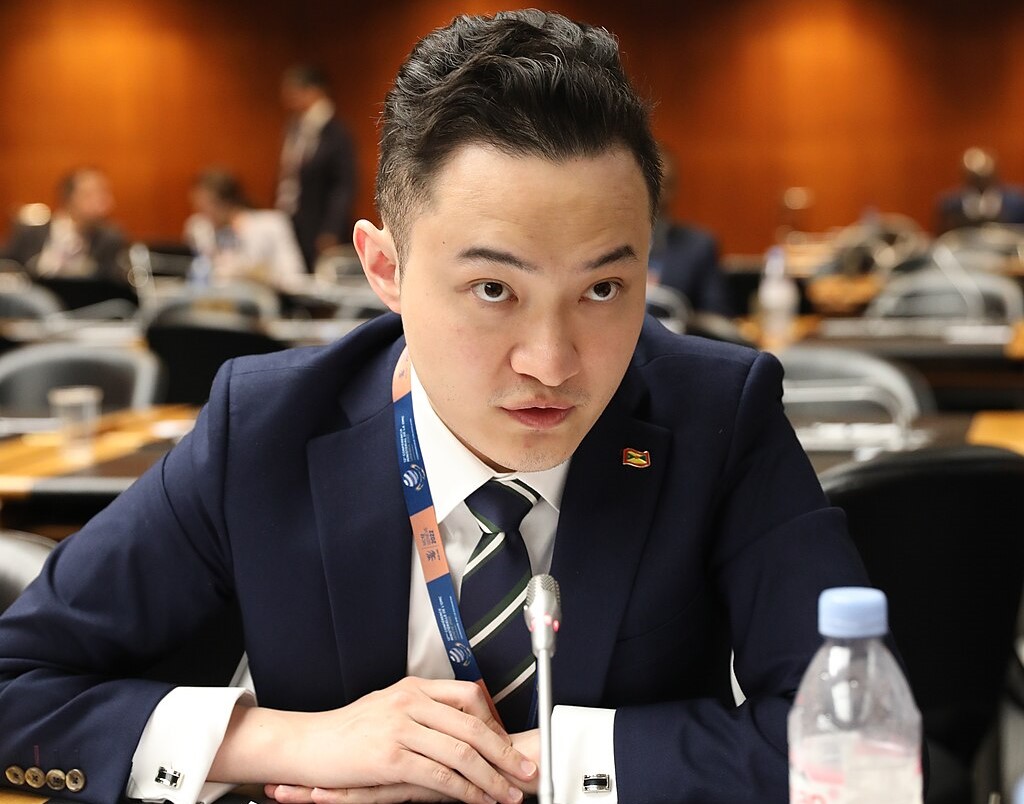Vitalik Buterin, Ethereum's co-founder, recently shared concerns about the influence decentralized autonomous organizations (DAOs) have on choosing node operators within liquidity staking pools.
In a detailed update on September 30, Buterin pointed out potential dangers that come into play when staking pools use DAOs to oversee node operators. These individuals hold the keys to the financial resources within the pool, and if a single DAO gains too much control, it can become a target for ill-intentioned players.
Buterin used Lido as an example, a liquid staking provider that employs a DAO to vet node operators. He praised Lido for establishing protective measures but cautioned that relying solely on one safety net might not be foolproof.
Offering a contrasting model, Buterin mentioned Rocket Pool, which provides a platform for anyone to serve as a node operator with an 8 Ether (ETH) deposit. At present, the value of such a deposit stands at roughly $13,400. This model, he observed, does have its pitfalls. Specifically, he indicated that this model might pave the way for malicious actors to overwhelm the network, subsequently burdening regular users with most of the associated costs.
A method to verify the credentials of potential node operators is essential, according to Buterin. Without checks and balances, harmful players could infiltrate and leverage users' funds to magnify their disruptive activities.
To tackle these challenges, Buterin suggested diversifying the use of liquid staking providers within the ecosystem. This strategy would reduce the chances of a single provider growing too dominant and emerging as a potential large-scale risk.
Yet, he also underscored the fragility of such a strategy in the long run, cautioning against heavy reliance on ethical incentives to rectify such complex issues.


























Comment 0